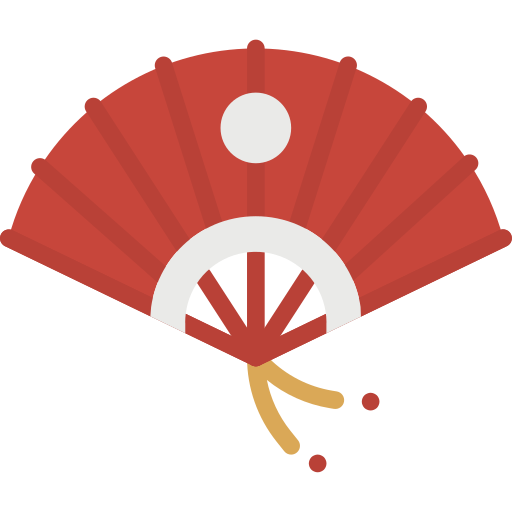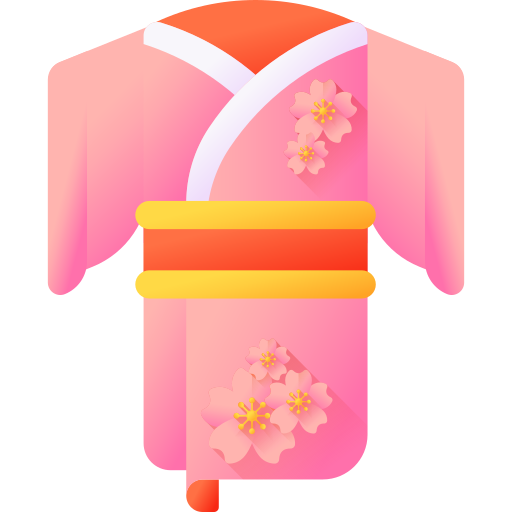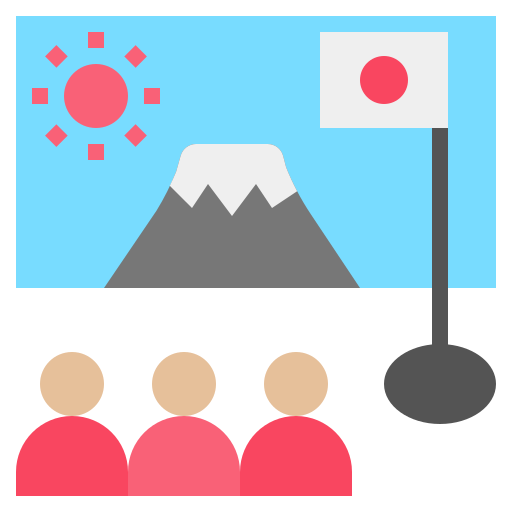PART A_1
Let’s introduce ourselves to each other.
PART A_2
My name is ________________. What is your name?
PART A_3
I am ________________. Nice to meet you.
PART A_4
Nice to meet you too, ________________. Let’s begin our lesson!
PART B_1
Now, you will ask me the following questions and you will summarize my responses later. Please take note of my responses as needed.
PART B_2
| 1. | What is your name? |
| 2. | What is the best event in your country? |
| 3. | What do you usually do on New Year’s day? |
| 4. | Who do you usually spend Christmas with? |
| 5. | What foods do you like to eat at special events? |
PART B_3
Now, please summarize my responses to your questions.
PART B_4
| My tutor’s name is | |
PART B_5
Now, let’s review your answers. Then, please read them aloud.
(Please review your student’s answers by sending the correct answers in complete sentences. After that, ask your student to read aloud his or her corrected answers.)
PART B_6
PART C_1
We’ll read aloud the words below. Please repeat after me. I will check your pronunciation.
(Please send the mispronounced words and expressions to your student.)
PART C_2

|
traditional
伝統的な
|

|
attend
出席する
|

|
attire
装い、服装
|

|
national
国民の、国家の
|

|
longevity
長寿
|
PART C_3
Now, let’s review some words from part C_2.
(Please review the mispronounced words and expressions from part C_2.)
PART C_4
PART D_1
We’ll read aloud the sentences below. I will check your pronunciation and intonation.
(Please send the mispronounced words and expressions to your student.)
PART D_2
| 1. | unique to ~ |
| 2. | such as ~ |
| 3. | in reality |
| 4. | I would like to ~ . |
| 5. | to wish for longevity |
PART D_3
Now, let’s review some words and expressions from part D_2.
(Please review the mispronounced words and expressions from part D_2.)
PART D_4
PART E_1
We’ll read aloud the dialogue below. I will check your pronunciation and intonation.
After reading it once, we’ll switch roles.
After reading it once, we’ll switch roles.
(Please send the mispronounced words and expressions to your student.)
PART E_2
|
John:
|
Hi. I’m planning to study in Japan next year. Can you tell me about any events and culture unique to Japan? |
|
Kei:
|
Sure. On the second Monday of January, a massive ceremony for coming of age called Seijin-shiki is held for young adults who turned 20 years old. Many of them attend their celebrations wearing traditional or formal attire such as kimono, hakama, or suit and tie. |
|
John:
|
That sounds interesting! I have never seen people wearing kimono in reality, so I really want to see it. I would like to know more about Japanese traditional culture. |
|
Kei:
|
You can go and see it because it’s a national holiday in Japan. Okay, on New Year’s Eve called Omisoka, a lot of people watch a special music program or a comedy show on TV and eat noodles called toshi koshi soba to wish for longevity. |
|
John:
|
What is the connection between soba and longevity? |
|
Kei:
|
Its thin, long shape is associated with a long and healthy life. |
PART E_3
Now, let’s review some words and sentences from part E_2.
(Please review the mispronounced words and expressions from part E_2.)
PART E_4
PART F_1
Now, please answer the following questions. I will check if your sentences are complete and if the grammar is correct.
PART F_2
| 1. | What are your favorite Japanese events? | |
| Answer: | . | |
| 2. | What events do you think are unique to Japan? | |
| Answer: | . | |
| 3. | Have you ever attended any traditional events or festivals? How did you feel? | |
| Answer: | . | |
| 4. | Can you tell me what should you do when you visit the shrine? | |
| Answer: | . | |
| 5. | What attire do you want to wear to your coming of age ceremony? | |
| Answer: | . |
PART F_3
Now, let’s review your answers.
(Please review your student’s answers by sending the correct answers in complete sentences. After that, ask your student to read aloud his or her corrected answers.)
PART F_4
PART G_1
Now, you will make questions. I will check if your sentences are complete and if the grammar is correct.
(Please send the sentences that need grammar corrections to your student.)
PART G_2
|
Student:
|
Where | ? | |
|
Tutor:
|
The Nebuta Festival is held in Aomori City. | ||
|
Student:
|
Are | ? | |
|
Tutor:
|
Yes. I am interested in festivals around Asia. | ||
|
Student:
|
Are | ? | |
|
Tutor:
|
I am not familiar with Japanese events. | ||
|
Student:
|
What | ? | |
|
Tutor:
|
One of my favorite events unique to Japan is to see cherry blossoms called Ohanami. | ||
|
Student:
|
With whom | ? | |
|
Tutor:
|
I am going to spend the New Year holidays with my family. |
PART G_3
Now, let’s review your answers.
(Please review your student’s answers by sending the correct answers in complete sentences. After that, ask your student to read aloud his or her corrected answers.)
PART G_4
PART H_1
Let’s do a role play with the given situations.
PART H_2
| Situation 1: |
Your American friend wants to go to a Japanese festival. Please tell him/her about Japanese festivals.
(Your tutor will pretend to be your American friend.)
|
| Items to mention: |
– name of famous Japanese festivals – your favorite Japanese festival – why he/she should go to a Japanese festival |
PART H_3
| Situation 2: |
You are asked by your English teacher to talk about traditional events in Japan. Please tell him/her about the traditional events in Japan.
(Your tutor will pretend to be your English teacher.)
|
| Items to mention: |
– names of the traditional events in Japan that you know – why that events are important – who joins the traditional events |
PART H_4
| Situation 3: |
An Australian tourist is asking you about interesting things in Japan. Please tell him/her about how to visit the shrine.
(Your tutor will pretend to be the Australian tourist.)
|
| Items to mention: |
– name of the red gate that you can see at the entrance of the shrine – how to use the water at the entrance – manners of praying |
PART H_5
| Situation 4: |
An exchange student wants you to introduce Japanese summer festivals. Please tell him/her about the summer festival unique to Japan.
(Your tutor will pretend to be the exchange student.)
|
| Items to mention: |
– whether fireworks displays are held all around Japan – attire many people wearing at the festival – food you can eat at the festival |
PART H_6
| Situation 5: |
You are talking with your friend from England. Please tell him/her about the popular Japanese events or festivals for each season.
(Your tutor will pretend to be your friend from England.)
|
| Items to mention: |
– names of popular Japanese events or festivals in spring and summer – names of popular Japanese events or festivals in autumn and winter – details of the events or festivals which you joined recently |